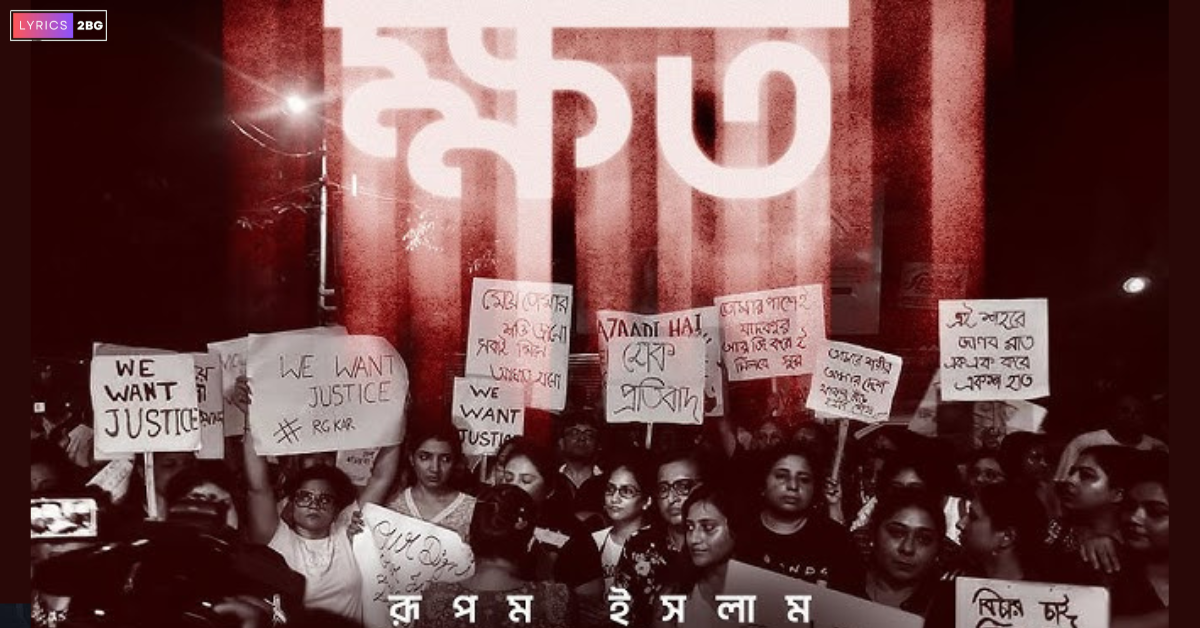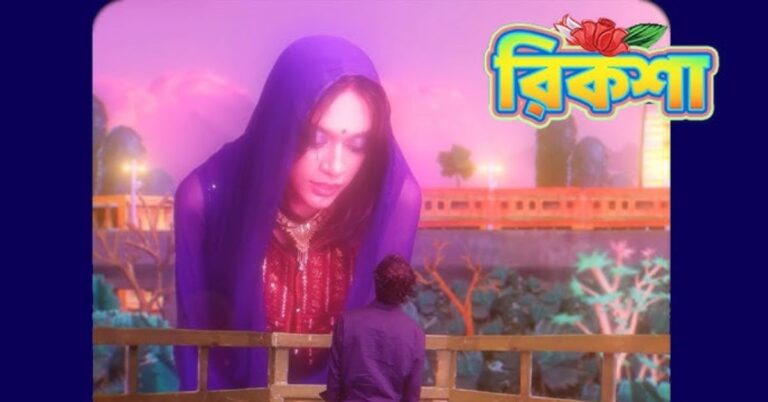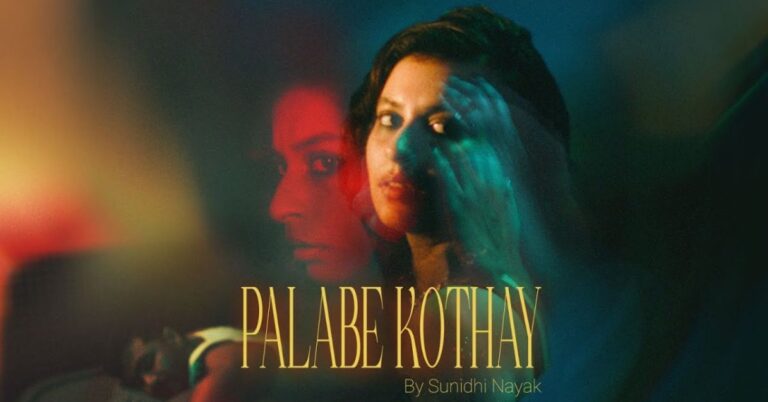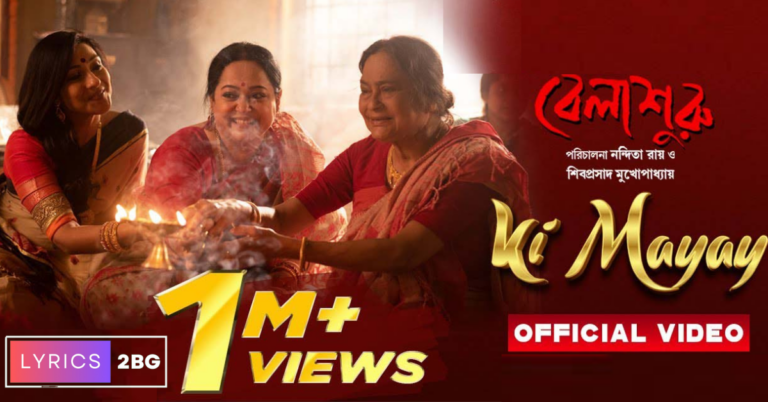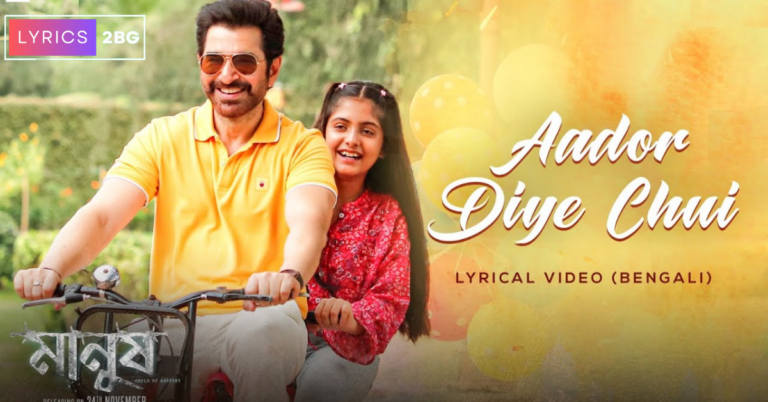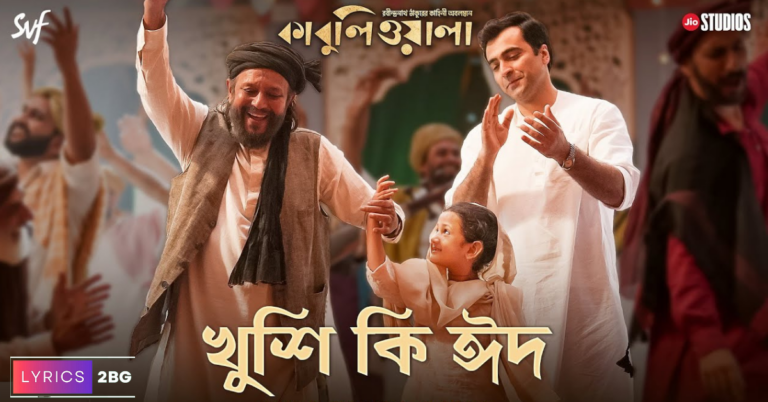Khoto Lyrics | ক্ষত | Rupam Islam
Khoto Lyrics
এই ক্ষতবিক্ষত সময়ে, সময়
কী করে সারাবে ক্ষত
কী করে ভোলাবে মনের গভীরে
ক্ষত জমে আছে যত
সময় ক্ষতের ছোঁয়াচ লেগেছে
সমাজ ক্ষতের ত্বকে
ক্ষতস্থান দেখি আমার শরীরে
সময়ের ছবি আঁকে
ক্ষত-সারানিয়া সময়ের ঠিকানায় তুমি চিঠি দিও
তাকে লিখে দিও প্রাচীন প্রবাদ তাকে আজও স্মরণীয়
করে রেখেছেই যখন, তখন তারও দায়িত্ব আছে
পৃথিবীর সব ক্ষতস্থান আর ক্ষতিগ্রস্তের কাছে
আমার সময়ে আমার পোশাকে
আমার গিটারে ক্ষত
আমার চেতনা ক্ষতলাঞ্ছিত
অবাঞ্ছিতের-ই মতো
আহত মানুষ নিহত হৃদয়ে
নাগরিক এই সংঘাত
অনুভব ক’রে ভাবে, ঠিক কবে
ভেঙে যাবে সব বিষদাঁত
ক্ষত-সারানিয়া সময়ের সন্ধানে আমি চলে যাব
আর ভেঙে যাব অচল গিটার পুরাতন আসবাবও
টাটকা সময় সামনেই জানি যাতে কোনও ক্ষত নেই
তার কাছে আমি ক্ষমা চেয়ে নেব অতীতের তরফেই
Meaning of Khoto Lyrics
Khoto lyrics delves deeply into the intricate relationship between time, wounds, and human suffering. It reflects on how time interacts with the concept of wounds—both physical and emotional—and contemplates whether time has the power to heal or simply accentuates the pain.
Khoto lyrics opening stanza, the author questions the role of time in healing wounds. Time, in this context, is not just a passive element but an active force that influences how wounds are treated and perceived. The poet explores the idea that wounds are not only physical but also reside deeply within the psyche, suggesting that time’s touch affects the surface as well as the deeper layers of these wounds. The imagery of time painting a picture on the poet’s body further illustrates how deeply these wounds are embedded in personal and societal experience.

Khoto lyrics second stanza shifts to a more direct address to time, requesting it to be mindful and responsible. The poet asks for a letter to be sent to time, invoking ancient proverbs to remind it of its duty to address and acknowledge all wounds and suffering in the world. This plea underscores the poet’s belief that time has a moral responsibility to remember and tend to the scars it leaves behind, both on individuals and on society at large.
Khoto lyrics third stanza, the reflects on personal experiences of trauma. The wounds are not limited to external injuries but are deeply embedded in the poet’s clothing, guitar, and consciousness. These symbols represent the broader impact of wounds on the poet’s life and identity. The reference to the guitar and clothing suggests that these objects, which once held personal significance, are now marked by the same scars that afflict the poet’s inner self. The poet conveys a sense of ongoing struggle and fragmentation, marked by a sense of conflict and disillusionment with the current state of the world.

Khoto lyrics final stanza presents a resolution and a quest for redemption. The author expresses a desire to embark on a journey to find a time that is free of wounds. This quest involves discarding old, broken objects—such as the guitar and old furniture—as a symbolic act of moving past the old pain. The author anticipates a fresh start in a new time where no wounds exist and seeks to make amends for past errors. This future time, free from the scars of the past, offers hope and the possibility of forgiveness, both for the poet and for the broader world.
Khoto lyrics reflects on the profound impact of time on wounds, both personal and societal. It questions whether time can truly heal or whether it merely marks and perpetuates the pain. Through its contemplative tone and vivid imagery, the poem invites readers to consider their own experiences with time and wounds and to reflect on the possibility of finding solace and renewal in a future unburdened by past suffering.
Song – Khoto
Lyrics, Composition, Vocals, Acoustic Guitar— Rupam Islam
Ambient Pad— Souvik Ghosh
Recorded (live), Mixed & Mastered by Souvik Ghosh

